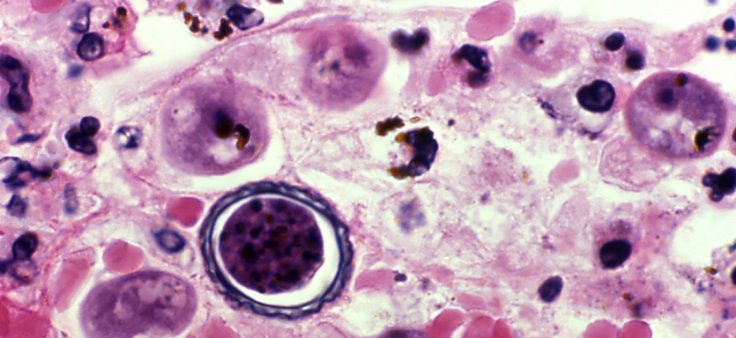A Missouri resident has died because of a brain-eating Amoeba. The person had a laboratory-confirmed infection of Naegleria fowleri, which is commonly known as brain-eating amoeba.
The resident had primary amebic meningoencephalitis (PAM), a life-threatening disease that is caused by the microscopic single-celled free-living ameba 'Naegleria fowleri'. But the infection of Naegleria fowleri is rare but very deadly, according to health officials, who stated that in past 60 years 154 known cases of PAM were reported in the US.

Out Of 154, Only Four Patients Could Survive
But out of 154, only four patients could survive, according to officials. A previous case of PAM was reported from Kansas in 2014 when a 9-year-old girl died from the infection.
Health Department Refused To Release the Patient's Additional Information
The health department has refused to release the patient's additional information citing that these cases are so incredibly rare and out of respect for the family.
Although a rare occurrence, people become infected by Naegleria fowleri when water containing the ameba enters the body through the nose from freshwater sources. The Naegleria fowleri ameba then travels up the nose to the brain where it destroys the brain tissue, according to Fox4.
Resident Was Infected With Naegleria Fowleri After swimming At An Iowa Beach
The resident was infected with Naegleria fowleri after swimming at an Iowa beach. Lake of Three Fires State Park near Taylor country was closed by Iowa officials precautiously on July 7. The patient was kept in an intensive care unit for the treatment.
Lisa Cox, communications director from the Missouri Department of Health and Senior Services, said the agency learned of the resident's infection on July 6 from the U.S. Centers for Disease Control and Prevention. The swimmer was likely exposed to the Iowa lake water over the last two weeks of June, though officials didn't have specific dates, according to Des Moines Register.
Read more









